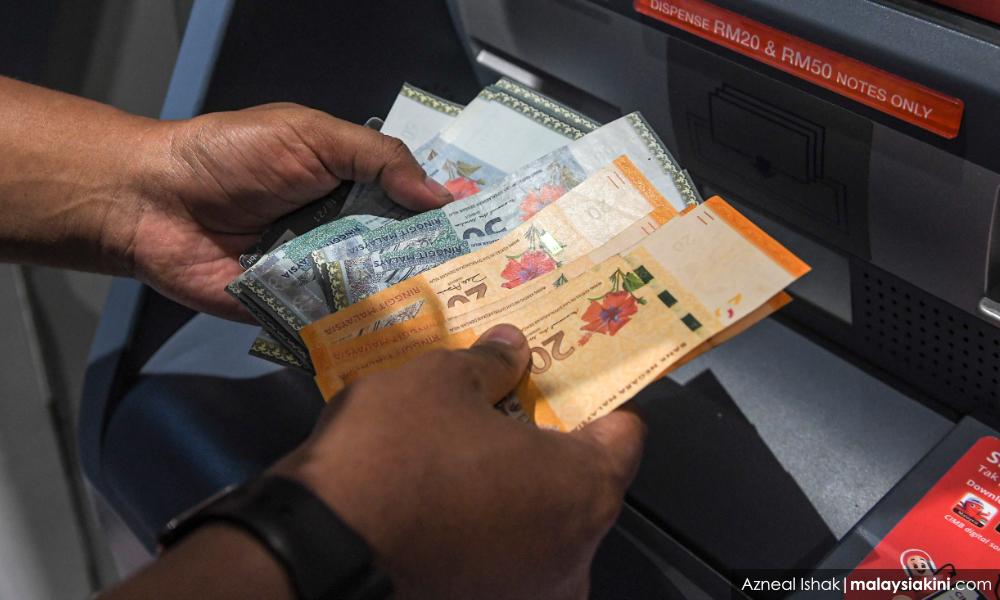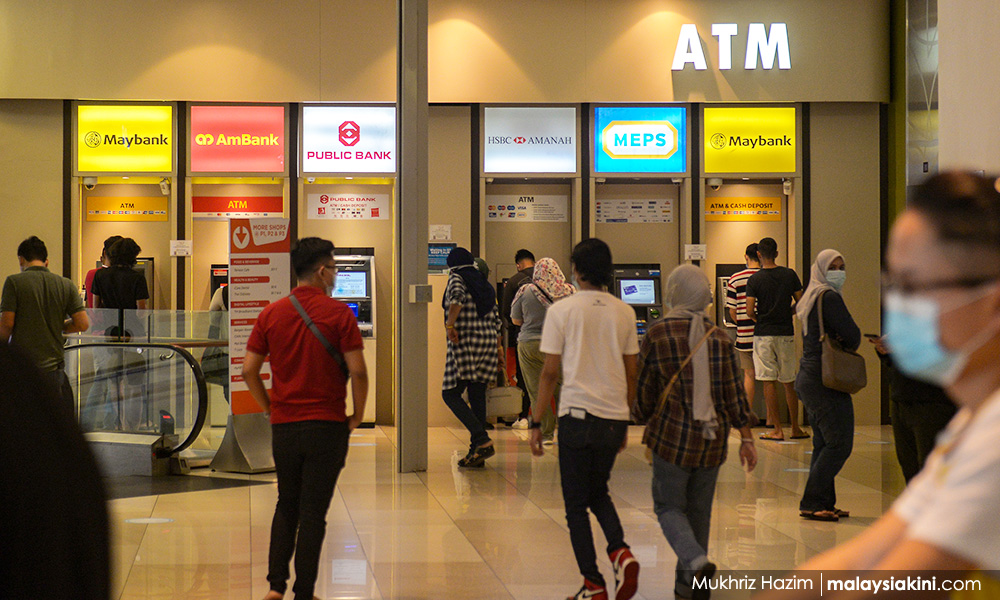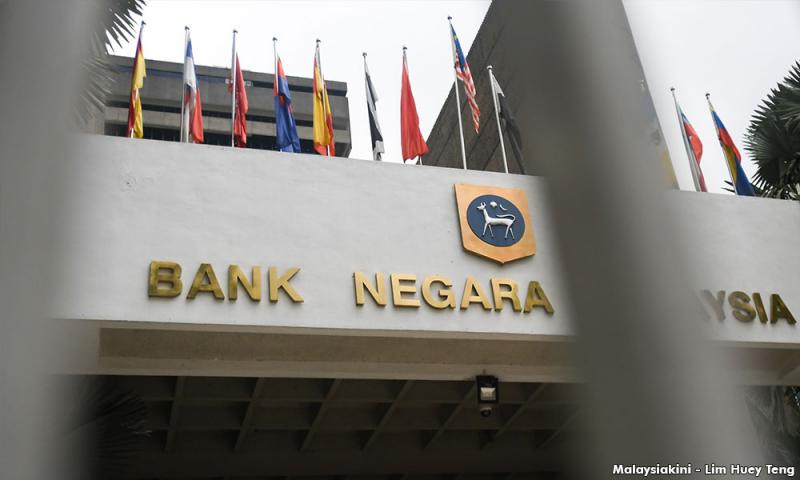ADUN SPEAKS | Timely to raise OPR in post-Covid era
ADUN SPEAKS | In light of the present economic climate, consistent with the global trend and sustaining our competitiveness, our central bank’s decision to increase the Overnight Policy Rate (OPR) by 25 basis points to three percent is timely.
The pros in support of this move clearly outweigh the cons as can be gleaned from all those countries which resorted to the same.
The pre-Covid rate of three percent is a reasonable and sustainable economic rate. However, keeping the rate artificially low such as below three percent for an extended period can adversely affect the economy, such as fuelling inflation and creating asset bubbles.
That being the case, it is imperative to revert to a more normal rate since we are post-Covid-19, as soon as the economy can support it to mitigate any negative repercussions.
Although one of the potential effects of increasing the OPR is a decrease in borrowing and expenditure, this can also have positive effects, such as an increase in savings.
As interest rates rise, consumers can earn more money on their savings accounts and other investments, making saving more attractive.

A low OPR, on the other hand, may encourage individuals to take out loans and make substantial purchases, such as purchasing a residence or investing in equipment. Nevertheless, the low OPR was intended to encourage expenditure and market activity during economic downturns, such as Covid-19.
Increasing the OPR can also ease the nation’s escalating inflationary pressures. Globally, inflation has risen due to the pandemic’s impact on supply chains, and Malaysia is no exception due to the US-Sino trade war and the Russia-Ukraine war.
The government could help contain inflation by increasing interest rates, reducing the demand for products and services, and reducing wasteful spending.
This is especially fundamental and crucial in the current economic climate, as rising inflation can significantly impact consumers’ purchasing power.
As for those affected by financial hardships, financial aid has been handed out to the B40, including the M40, to help them cushion the inflationary effect.
Commitment to fiscal responsibility
With the increase in the OPR, the government is encouraging deposits and investments to stimulate economic growth.
When interest rates are low, consumers may find it less attractive to save money because they receive less interest on their savings. Raising the OPR can encourage saving, which can then be used to finance investment, resulting in greater economic expansion.

The government’s decision to increase the OPR demonstrates its commitment to fiscal responsibility. Although this action may have negative short-term repercussions, this decision reflects the government's willingness to make difficult choices to ensure the long-term viability of the economy.
It also sends domestic and international investors a clear message that Malaysia is a secure and responsible investment destination.
While the effects may not be immediate, increasing the OPR also causes currency appreciation.
When a central bank raises interest rates, the currency becomes more attractive to foreign investors, leading to increased demand and a rise in value. This can positively affect the economy by decreasing import prices and increasing export competitiveness.
Although some may have questions surrounding the raised OPR, we certainly hope that this article clears up some of his doubts.
JASON ONG KHAN LEE is the Kebun Bunga state assemblyperson and Penang PKR’s Legal and Public Complaints Bureau chief.
The views expressed here are those of the author/contributor and do not necessarily represent the views of Malaysiakini.
RM12.50 / month
- Unlimited access to award-winning journalism
- Comment and share your opinions on all our articles
- Gift interesting stories to your friends
- Tax deductable
